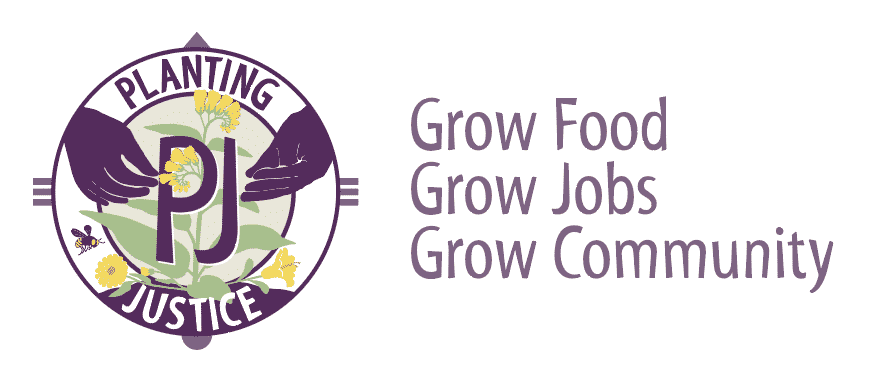Organic Disease & Pest Control
To achieve the goal of creating a healthy, vibrant and productive fruit and nut planting that is free from disabling insect and disease outbreaks the following considerations should be kept in mind:
Choose varieties…
that are known to be disease resistant whenever possible. Many of the varieties we offer are highly resistant to the common fungal afflictions that can affect fruiting plants. This is particularly important in areas that have humid spring and summer climates conducive to fungal problems, or if you are not willing or able to spray your plants with an appropriate fungicide.
Create a healthy fertile soil…
for your plants. A vigorous plant growing in a balanced soil rich in nutrients and microbial life will be much less vulnerable to and affected by disease or insect pests.
Prune to keep…
your plants open for good air circulation and to allow sunlight to reach all parts of the plant. Sunshine is the best disinfectant.
Develop a diverse habitat…
of a variety of fruiting and flowering plants that will host and feed beneficial predatory and pollinating insects and bug eating birds.
Have a plan…
in place to manage the problems that are common to your area. Here is a list of solutions for the most common.
Peach leaf curl…
is a common fungal problem of peaches and almonds in areas with wet spring weather where if untreated it will deform new emerging leaves and weaken the tree. It is fairly easy to control with one or two applications of “lime-sulfur” fungicidal spray applied during winter before the trees vegetative buds break open and become infected. Another option is to plant “curl-resistant” varieties that can be grown without spraying.
Brown rot…
is another fungal disease that affects many types of stone fruits (Prunus spp.) once again being most troublesome in areas with wet springs. It can cause young developing fruits to fall off prematurely limiting crop yields. If it does become a problem a timely spray of “lime-sulfur” or “micronized copper” just after bloom can be very effective. Apricots are one of the more susceptible fruits affected and prefer “copper” instead of “Lime-sulfur”.
Powdery mildew…
is the most common disease affecting grapes. American varieties and their hybrids are completely immune and need no treatment. European varieties of both table and wine grapes are susceptible to powdery mildew and if exposed to its spores due to proximity to infected vineyards, etc. are liable to become infected and need treatment with dusting sulfur. It is easy to control by dusting young shoots 3 or 4 times with applications spaced about 10 days apart starting when the new shoots are 1 foot long.
Scab is a fungal disease…
that mainly affects apple and pear trees causing scabby deformities on the fruits skin and in bad cases browning leaves causing partial defoliation, once again being particularly harmful in wet spring weather. Fortunately there are good scab resistant varieties available that need no treatments. Scab is the bane of commercial organic apple production in moist climates as it is hard to completely eliminate all cosmetic damage with organic sprays. For the home orchard where taste is more important than looks it is much less of a problem and even old-fashioned non-scab resistant varieties can be very satisfying to grow. Pruning to keep trees open with good air circulation helps a lot as is an early spring spraying with “lime-sulfur”. In areas where scab is severe we suggest planting only scab resistant varieties.
Coddling moths…
are the principal insect pest of apples and pears with their little grubs happily burrowing deep into the fruits core damaging the flesh as they go. Fortunately there are a lot of things that like to eat them our favorite being the beautiful iridescent blue and green tree swallows who with their ravenous appetites swoop them up before the moths have a chance to lay their eggs. We suggest putting out several swallow nest boxes encouraging them to make your orchard their home to raise and “feed” their young. It is also very helpful to pick up and destroy all fallen fruit. This can be accomplished by hand, or grazing chickens, turkeys, sheep or deer in the orchard. Tiny parasitic trichogamma wasps can also be purchased and released laying their eggs in the coddling moths and killing them. Pherome lure traps are also used and can be a good option for a small planting.
While there are many other insects…
that can get out of balance and cause damage we find in a diverse home fruit planting that this not the norm. Good treatments for the various mites, aphids, scale etc. that can create problems are a “dormant oil” spray in winter which smoothers egg clusters and “insecticidal soap” spray which can be used when plants are leafed out. Caterpillar related pests are commonly controlled with a BT spray which is a disease that affects only insects of that family. On a small scale good old hand picking can work well for these guys too.
